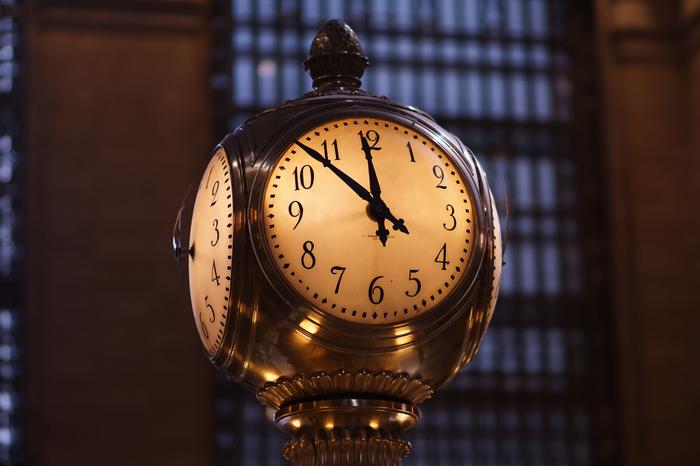Although our smartphones, computers and tablets automatically carry out this time change, it will have to be done manually for our watches and our clocks.This time change on the night of Saturday October 30, 2021 to Sunday October 31, 2021 is, unfortunately, not the last.But, do you know why?And do you know the origin of these changes of hours when approaching winter and summer?
1916: the establishment of a first change of hour in France
France is not the first country in Europe to have introduced a change of time.The first countries to establish it were the United Kingdom and Ireland during the First World War.For our part, the French government of the time took place there that in 1916 with the ambition to reduce the energy needs of the country thanks to a more substantial sunshine.
This amendment was subsequently abolished in 1945 for a return of the time change in 1975 following an increase in the price of oil.It will only be in 1998 that Europe established this large -scale change of hour.
Has the expected goal been achieved?
An interesting study conducted in 2010 by ADEME, the Environment and Energy Management Agency, shows that these hours changes in 2009, a reference year of the study, saved 440 GWh which represents the annual consumption of 800,000 households.At the same time, this result is accompanied by a reduction of 44,000 tonnes of CO2 emissions, still in 2009.According to the calculations made by ADEME, this time change, if still active in 2030, could lower CO2 emission by 110,000 tonnes.

But did it perceive in the same way by the population?No, some people have been campaigning for years to stop the time change in France, as in Europe.The impact of this schedule is not as beneficial for humans with more or less significant disorders and an increase in road accidents.
This hit the Council of the European Union which had planned for the end of the time change for 2019 after a favorable vote of the European Parliament.European countries are therefore responsible for choosing a final hour, winter time or summer time.Nevertheless, this would cause logistical concerns between a country that runs in summer time and its neighbor at winter time.It would seem logical that all the countries of Europe have a single hour.
The European Affairs Committee of the National Assembly interviewed several French people in order to know their opinion concerning these changes of hours.This survey testifies that 83.71 % of the French population against 16.29 % wants the end of the hour change.A second question asked during the investigation shows more divergence.Indeed, 59.17 % of people have the will to keep summer time against 36.97 % who want to keep the winter time.
Nevertheless, the Pandemic of COVID-19 has passed by stopping many projects and in particular this change of time.Therefore, on the night of October 30 to October 31, we will spend (again?) In winter hour.
Last time change?No, we will back up an hour in the night from Saturday to Sunday
Before all the countries of the European Union agree, ink has flowed on papers, or water under the bridges.Consequently, it will still be necessary to demot its clock in the night of October 30 to 31, 2021.That is to say that on Sunday, at 3 a.m., it will actually be 2 a.m., "one more hour under the duvet"!
We meet you on the night of Saturday March 26 to Sunday March 27, 2022 for, once again, to advance our clock by an hour to enter the summer summer hour.
Besides, here are the next dates for hours:
